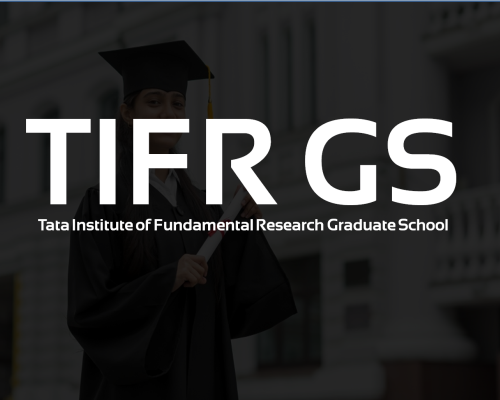Exam Date: August 17, 2025
The Tata Institute of Fundamental Research (TIFR) Graduate School (GS) Entrance Examination is a prestigious nationwide test for admission to Ph.D., Integrated M.Sc.-Ph.D., and M.Sc. programs across various disciplines. Here's a detailed overview of the TIFR GS 2025, along with career opportunities post-graduation.
Given your analytical strengths, here's a tailored strategy:
1. Deep Conceptual Understanding: Focus on mastering fundamental concepts rather than rote memorization.
2. Structured Study Plan: Allocate specific time blocks for each subject, ensuring balanced coverage. Prioritize topics based on weightage and personal proficiency.
3. Practice Previous Years' Papers: Regularly solve past year question papers to familiarize yourself with the exam pattern and identify recurring topics.
4. Mock Tests: Simulate real exam conditions by taking timed mock tests. This will enhance your time management skills and build exam temperament.
5. Regular Revision: Schedule periodic revisions to reinforce memory retention and identify areas needing further attention.
6. Stay Updated: Keep abreast of any changes in the exam pattern or syllabus by regularly visiting the official CSIR NET website.
Online Application Portal Opens: 21st September 2024
Application Deadline for Fee Waiver Requests: 6th October 2024 (11:00 PM)
Application Deadline for Priority in Choice of Test Center: 13th October 2024 (11:00 PM)
Final Application Submission Deadline: 20th October 2024 (11:00 PM)
Hall Ticket Download Begins: Mid-November 2024
Examination Date: Sunday, 8th December 2024
Program Start Date: 1st August 2025
